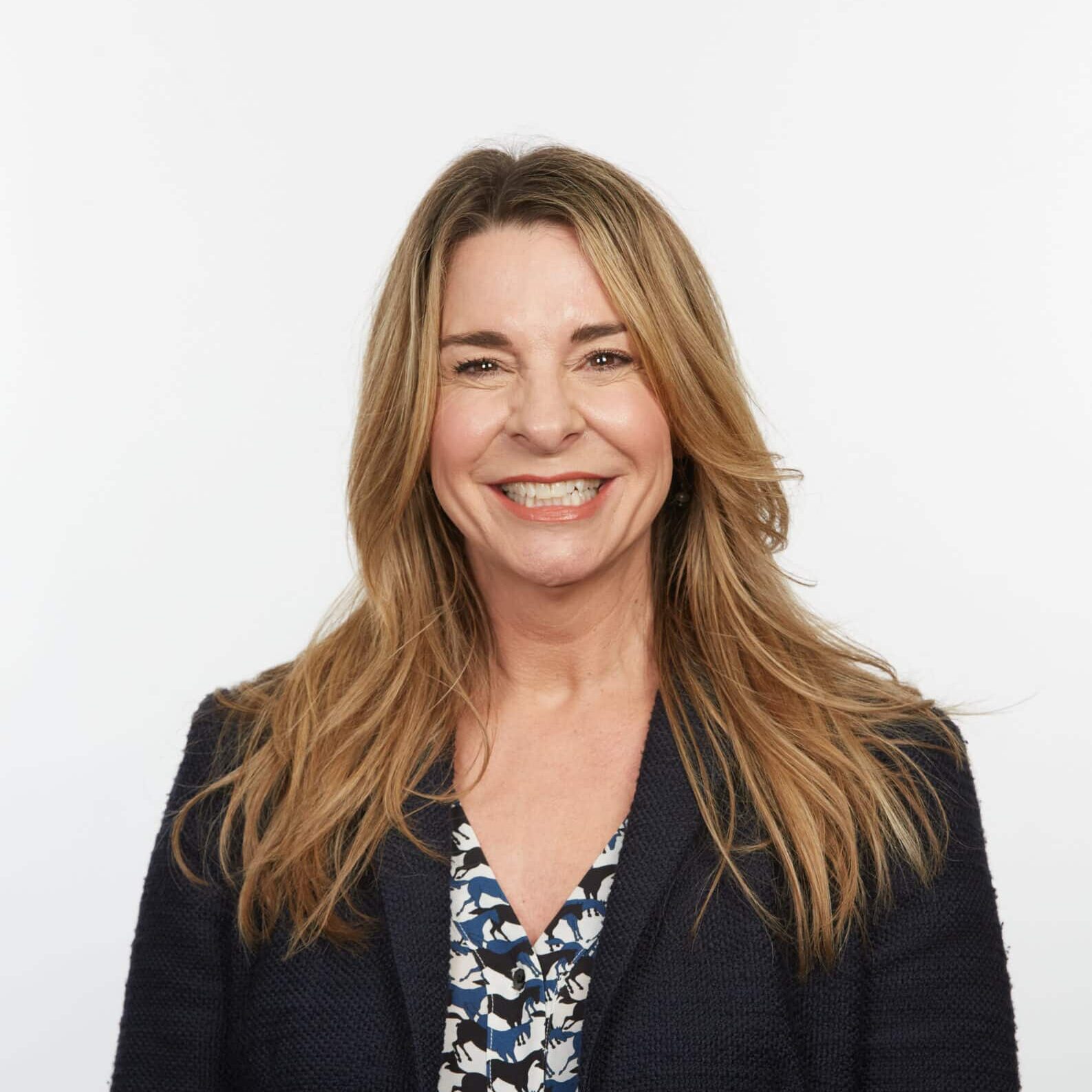Substance abuse nurses play a large role throughout the addiction recovery process. Learn more about the duties, education and experience required to become one.
Substance Abuse & Mental Health Nurses: What They Do and How to Become One
Nurses are an essential part of addiction recovery, particularly in the early stages of a patient’s rehab stay. Substance abuse and mental health nurses are caring individuals with strong communication abilities. They also need to exhibit close attention to detail in their duties. Nurses work directly with clients as well as their families, often providing valuable information about substance use and its dangers.
At a minimum, nurses need a two-year degree and several years of experience to specialize in addiction. Fortunately, this means people interested in nursing do not have to spend a decade or longer acquiring master’s degrees and clinical experience to begin helping people with addiction. This relatively quick path is especially beneficial in addressing the constant demand for addiction specialists as the United States works to close the treatment gap present in many communities. In 2018, only 3.7 million Americansreceived addiction treatmentout of the 21.2 million who needed it.
In the following sections, you will learn about the duties of a substance abuse nurse, how to become one, the different specialties available and the outlook for this career path.
Treatment Can Be Life Changing. Reach out today.
Whether you are struggling with addiction, mental health or both, our expert team is here to guide you every step of the way. Don’t wait— reach out today to take the first step toward taking control of your life.
What Do Substance Abuse Nurses Do?
Substance abuse nurses typically work in mental health facilities, psychiatric wards andinpatient or outpatient rehab clinics. Common duties include:
- Giving assessments and screenings to incoming patients
- Monitoring health during a patient’s stay
- Helping create treatment plans
- Administering medication and providing pain management
- Maintaining medical records and charts
- Informing patients, family members and loved ones about the risks of substance use and options for treatment
- Providing emotional support
There are other related roles that nurses can pursue, though the majority of these roles require additional education or certifications.
Types of Addiction Nurses
The most common types of nurses found in a recovery-related setting include:
- Nurse Practitioners:These are advanced nurses who can prescribe medication to patients.
- Nursing Assistants:Assistants provide support for patients and help doctors, nurses and other medical professionals with their duties.
- Psychiatric Nurses:These professionals identify and treat mental health conditions by prescribing medication and providing therapy.
- Detox Specialists:These individuals help create a detox plan for incoming patients, based on their health history and substance use habits.
Related Topic:Addiction treatment specialists
How to Become a Substance Abuse Nurse
While the required level of education and certification varies widely among the different nursing specialties, there are typical requirements for becoming a substance abuse nurse.
Education and Degree Requirements
A person will need a two-year associate’s degree or a four-year bachelor’s degree in nursing. After receiving a degree, they must pass theNational Council Licensure Examination(NCLEX-RN) to become a registered nurse. Some states also require a criminal background check. To specialize as a substance abuse nurse, however, they may need additional experience and certifications.
Required Certifications, Credentials and Licenses
The Certified Addictions Registered Nurse (CARN) certification indicates a nurse’s proficiency in addiction-focused nursing. Though someone may work as a substance abuse nurse without this certification, it can improve the chances of employment. Some employers may require it. A nurse can take the CARN exam after completing 2,000 hours of addiction-related nursing and30 hours of continuing educationwithin the previous three years.
What to Expect After Schooling and Training
After receiving a degree and passing the exam to become a registered nurse, nurses can begin working in hospitals, mental health facilities, addiction rehabilitation centers and other clinical settings. Here is what the future holds for those in nursing careers and what steps they can take to search for employment.
Occupational Demand for Addiction Nurses
Thedemand for registered nursesis expected to grow by 12% by 2028. Nurses earned a median salary of $71,730 per year in 2018. There is a growing need for nurses in drug and alcohol rehab facilities as awareness of recovery resources and services continues to rise throughout the United States.
How to Find a Job
Online job boards, such as the one found atRegisteredNursing.org, are a great place to find open nursing positions. Candidates can also go straight to the source by searching for open jobs at hospitals, rehab facilities and mental health clinics. The CARN certification can help candidates for substance abuse nursing positions demonstrate their specialization in addiction recovery.








